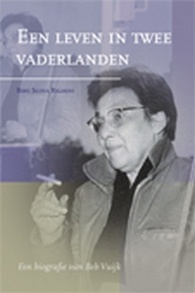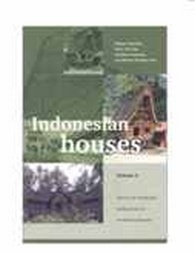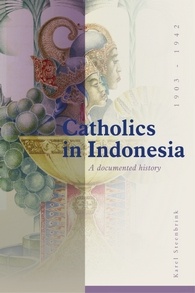Islam and the making of the nation: Kartosuwiryo and political Islam in 20th century Indonesia
Description
Recently Kartsowiryo and the Darul Islam have become heroic symbols of the Islamist struggle. The author looks beyond the popular dichotomy between rebel and martyr and unveils a politician whose legacy has been shaping the role of Islam in Indonesian politics for over fifty years. She thereby offers an alternative view of Soekarno as the leader of the republic and his antagonism with the Islamic state. In a blend of archival sources, printed material, and oral accounts, the author follows the career and ideology of Kartosuwiryo.The chapters delineate the gradual radicalization of the Islamic party and of Kartosuwiryo’s own ideals from the 1920s to the 1950s. A testament to the relevance of historical research in understanding contemporary politics, Islam and the making of the nation guides the reader through the contingencies of the past that have led to the transformation of a nationalist leader into a ‘separatist rebel’ and a ‘martyr’, while at the same time shaping the public perception of political Islam and strengthening the position of the Pancasila in contemporary Indonesia. Chiara Formichi (1982) has a PhD from School of Oriental and African Studies, University of London and she is Assistant Professor of Asian and International Studies at the City University of Hong Kong. Her interests include the political history of Indonesia, Islam in Southeast Asia, transnational Islamic movements and inter-Asian intellectual flows. She is co-editor of Beyond Shi’ism: A lid piety in Muslim Southeast Asia.
Additional Information
| Edition | |
|---|---|
| Pages | |
| Series | |
| authors | 757 |







